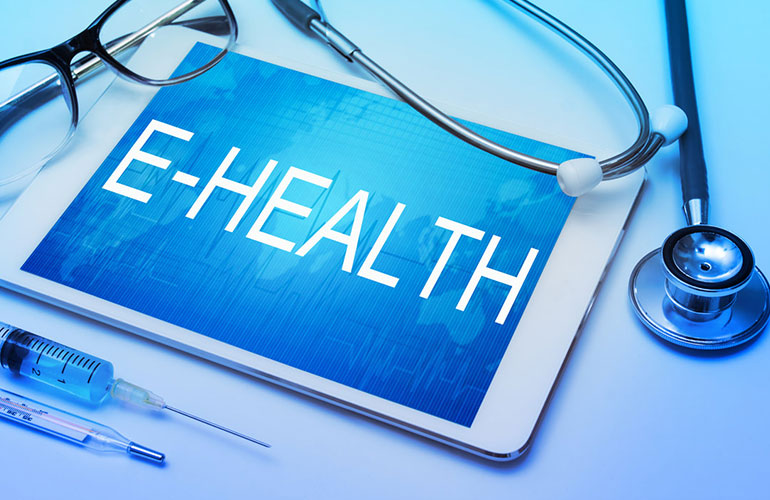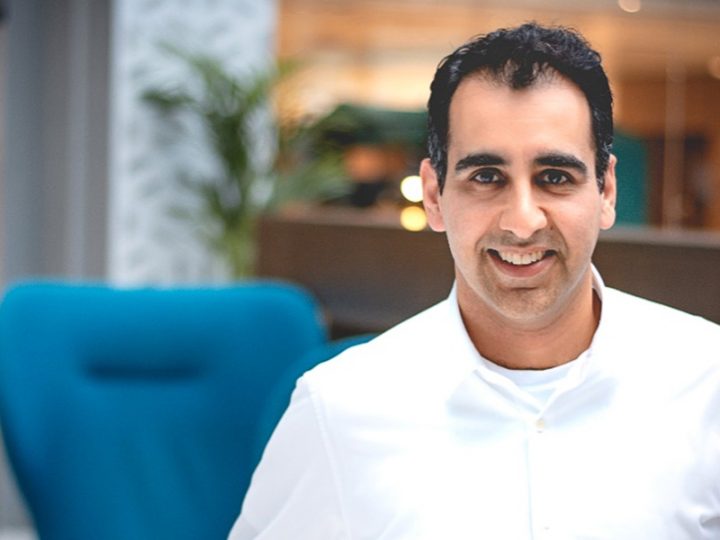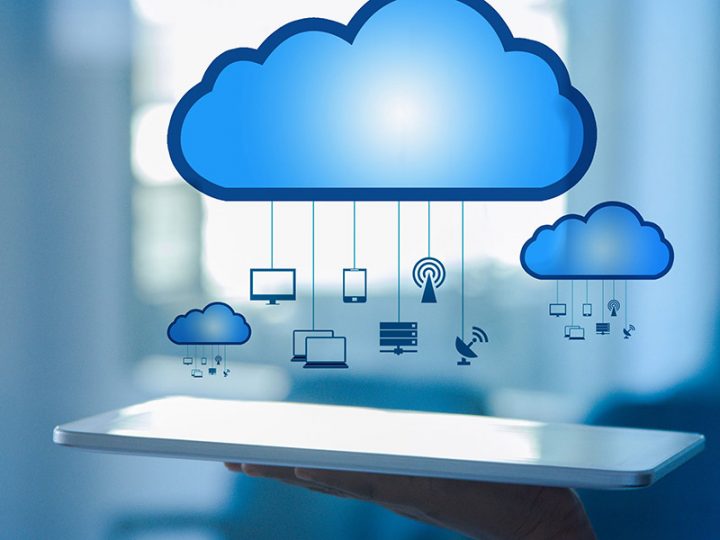The new age of e-health solutions
At Atheneum we’ve seen an increase in transactions focused on smart devices in healthcare and connected many of our top experts to meet the increased demand for IoT. Our experts understand the specific needs of the healthcare industry as the rising costs of modern healthcare as well as the problems posed by a globally aging population that has forced industry leaders and healthcare professionals to seek out new innovations to cope. The implementation of ICT (Internet Communication Technology), the IoT, and newly developed smart devices each stand at the forefront of these innovations. However, despite the vast potential in developing faster, more accurate, more efficient, and more accessible healthcare for all, the successful implementation of e-health solutions will be an immense challenge for medical institutions the world over.
Pros and Cons of e-technology and IoT in healthcare
So, what are e-health applications? The applications of e-health solutions are numerous and have medical professionals and patients justifiably excited. They range from the ability to drastically reduce emergency room waiting times, by more efficiently monitoring bed and resource availability, to improving research and patient care through the use of nano-sensors that can monitor both remotely and at the cellular level. And what is e-health technology? This is seen as gadgets such as Fitbits and other wearable devices that have started to forge a link between Big Data and better healthcare solutions. However, experts warn that the desire to tap such immense resources for improved diagnostics and overall care should be tempered by the reality of the challenges posed by such a vast technological overhaul of the healthcare industry. They point to studies such as a 2017 survey carried out by Cisco, which found that IoT and e-health initiatives succeeded in advancing beyond the proof-of-concept stages as little as 26 percent of the time.
A growing need for experts who speak the language of smart healthcare
Together, e-health solutions, IoT implementation and smart device development represent an immense resource for better, more efficient and less costly healthcare on the one side; however, they also pose a number of immense challenges in areas such successful implementation, high volume data management, and even patient security. It is hardly surprising then that there is a rapidly growing need for experts who understand the width and breath of the challenge posed by creating effective e-health solutions integrated at an institutional level. Atheneum helps to streamline access to experts of every kind by offering direct access to research teams as well as facilitating conferences directly with leaders in the field of e-health and e-technology.





